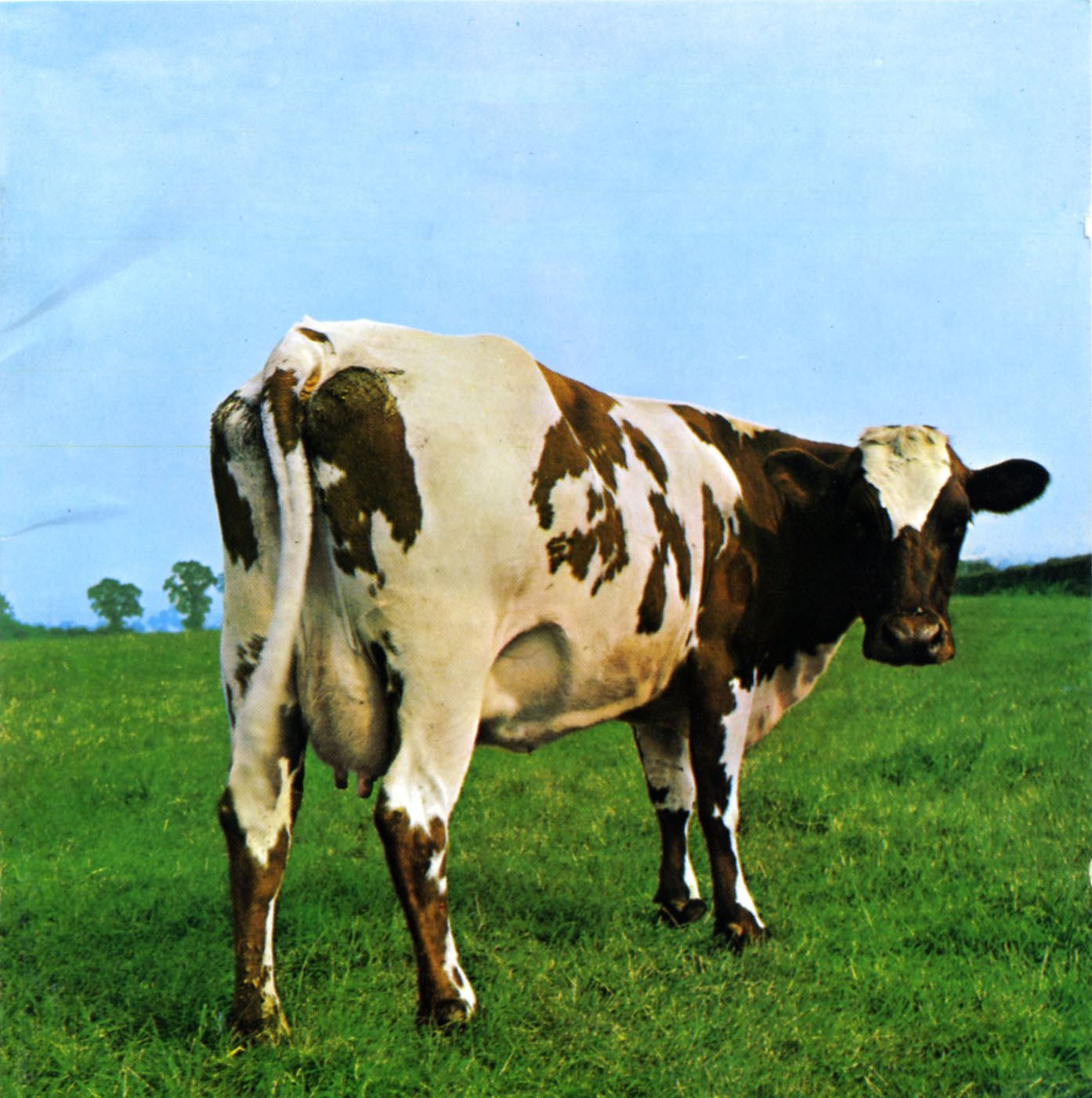
Posted on 02/18/2019 11:48:58 AM PST by Oldeconomybuyer
Dramatic rises in atmospheric methane are threatening to derail plans to hold global temperature rises to 2C, scientists have warned.
In a paper published by the American Geophysical Union, researchers say sharp rises in levels of methane - which is a powerful greenhouse gas - have strengthened over the past four years. Urgent action is now required to halt further increases in methane in the atmosphere, to avoid triggering enhanced global warming and temperature rises well beyond 2C.
“What we are now witnessing is extremely worrying,” said one of the paper’s lead authors, Professor Euan Nisbet of Royal Holloway, University of London.
Methane is produced by cattle, and also comes from decaying vegetation, fires, coal mines and natural gas plants. It is many times more potent as a cause of atmospheric warming than carbon dioxide (CO2).
Some researchers believe the spread of intense farming in Africa may be involved, in particular in tropical regions where conditions are becoming warmer and wetter because of climate change. Rising numbers of cattle - as well as wetter and warmer swamps - are producing more and more methane, it is argued.
“We have only just started analysing our data but have already found evidence that a great plume of methane now rises above the wetland swamps of Lake Bangweul in Zambia,” added Nisbet.
Scientists warn that there could be a more sinister factor at work. Natural chemicals in the atmosphere - which help to break down methane - may be changing because of temperature rises, causing it to lose its ability to deal with the gas.
Our world could therefore be losing its power to cleanse pollutants because it is heating up, a climate feedback in which warming allows more greenhouse gases to linger in the atmosphere and so trigger even more warming.
(Excerpt) Read more at theguardian.com ...

Cows burp methane. They don’t fart methane. Experts are studying the wrong end of the cow.
OK!! Everybody pay attention!
Lesson for today:
1. The sun is 1,300,000 times as big as the earth.
2. The sun is a giant nuclear furnace that controls the climates of all its planets.
3. The earth is one of the sun’s planets.
4. The earth is a speck in comparison to the size of the sun.
5. Inhabitants of the earth are less than specks.
Study Question: How do less-than-specks in congress plan to control the sun?
What is the charge for 'wet farts' and what would they do to the system?
What about sharts?
“Light a match.
Problem solved.....................”
Better wax first or it will smell like somebody is cooking cuy.
The "experts" NEVER bring up Mexican food and politicians. They always want to blame the cows.
Mars atmosphere is Carbon dioxide: 95.32 percent
And it’s cold as heck......................
It ain't the kind of place to raise your kids.

“Methane is produced by cattle” (and, directly or indirectly, most every other living thing).
Why do I want the cow to suddenly STOP?
LOL, me bad
“Wet Farts” would, of course, completely disable the fart capture device (it was a government subsidized design after all). The consumer would be required to purchase another fart capture device for $4,500 and also pay to have the original device recycled in a hazardous waste facility for an estimated $10,000.

And there’s no one there to raise them, if you did..................

“Researchers say they have found more than 500 bubbling methane vents on the seafloor off the US east coast.”
https://www.bbc.com/news/science-environment-28898223
I am going to enjoy these last 12 years on earth.;)
Kill all the cows. Climate change problem solved.
The climate change crowd belong in the asylum for heaping nonsense upon the rest of us.
I agree entirely that anthropogenic global warming is NOT settled science, and that it is manipulated for a political agenda. That said, your comments about the sun are not 100% accurate.
Mercury is the closest planet to the sun (average of ~36 million miles as compared to Venus at 67.2 million miles, and then Earth at ~93 million miles). That said, though Mercury’s daytime temperature can rise to >800 Fahrenheit during the day, it also drops to -279 Fahrenheit at night. This gives Mercury an average temperature of ~332 Fahrenheit - less than half of the average temperature of Venus (~864 Fahrenheit). This, despite Venus being almost twice as far from the sun. Why? Because Venus has a thick atmosphere, and Mercury doesn’t.
Disclaimer: Opinions posted on Free Republic are those of the individual posters and do not necessarily represent the opinion of Free Republic or its management. All materials posted herein are protected by copyright law and the exemption for fair use of copyrighted works.